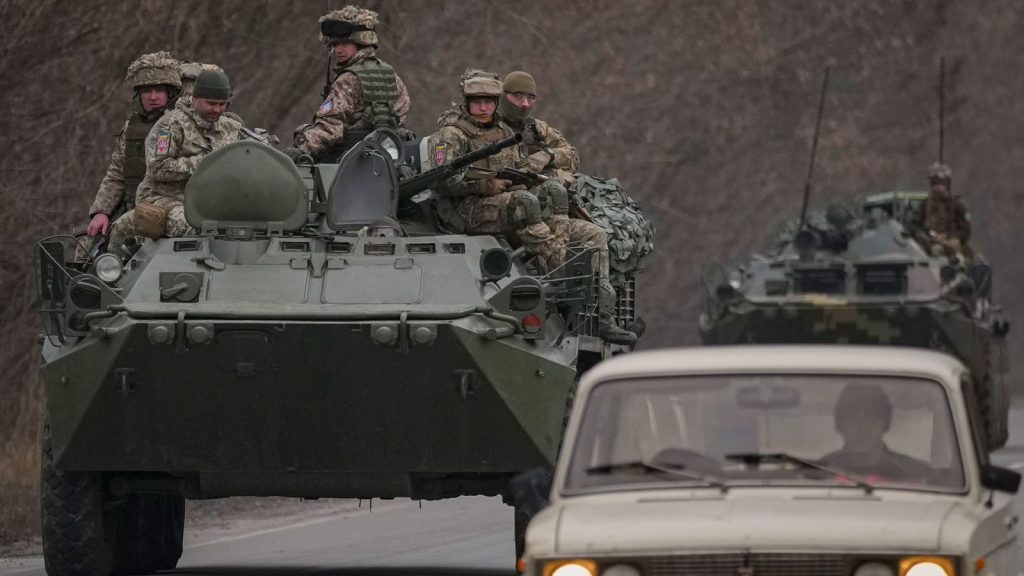Garčević Discusses Russia-Ukraine War & Western “Escalation Paradox”

In an interview with TRT World, Ambassador Vesko Garčević, Professor of the Practice of International Relations at Boston University’s Frederick S. Pardee School of Global Studies, discussed how the Russia-Ukraine war has impacted the vulnerable areas of the Balkans as well as the so-called “escalation paradox” that shapes the way the West has been dealing with the war in Ukraine.
In his remarks, Garčević noted that the Balkans have always been a vulnerable region in Europe prone to conflict. In addition, since the Balkan states are not integrated into the European Union, their domestic politics are prone to foreign tampering from an influential power such as Russia.
In discussing the “escalation paradox,” Garčević said that western powers, including the North Atlantic Treaty Organization (NATO), cannot idelly stand by as Russia continues its invasion of Ureaine and must lend support. However, they must walk a thin line as they don’t want to escalte the crisis further and keep the door open for future negotiations.
Garčević’s full appearance can be viewed below.
During his diplomatic career, Ambassador Vesko Garčević dealt with issues pertinent to European security and NATO for almost 14 years. In 2004, he was posted in Vienna to serve as Ambassador to Organization for Security and Cooperation in Europe. He had been Montenegro’s Ambassador to NATO from 2010 until 2014 and served as Montenegro’s National Coordinator for NATO from 2015 until he joined the faculty at the Pardee School. Learn more about Ambassador Garčević on his faculty profile.